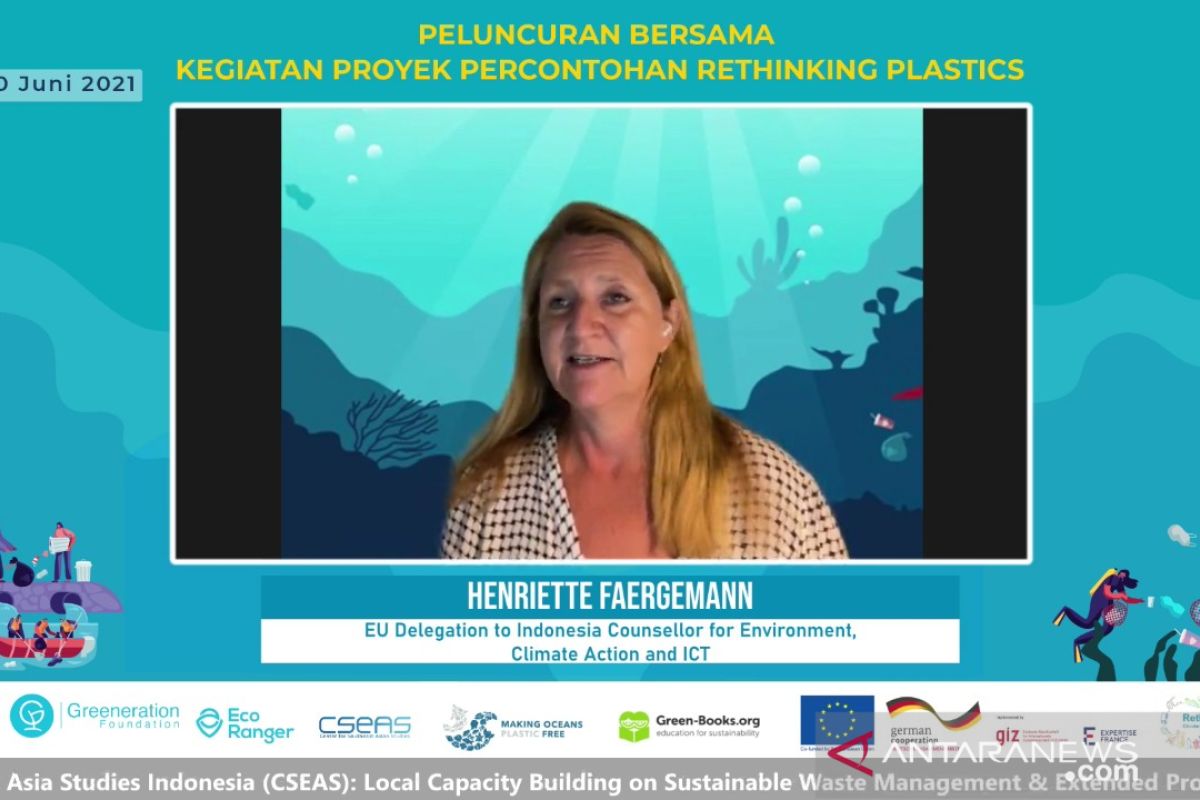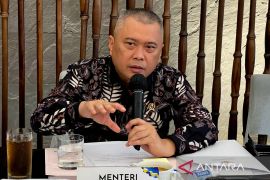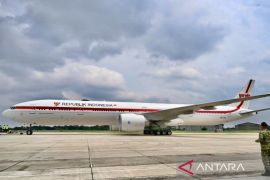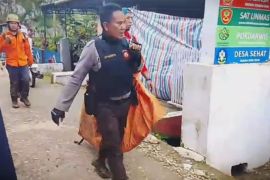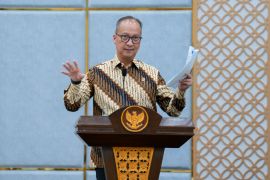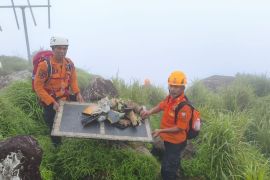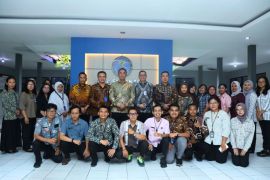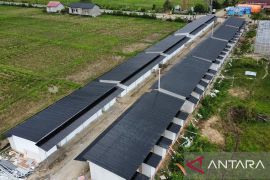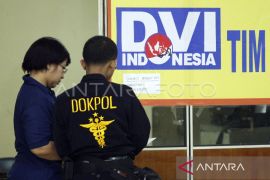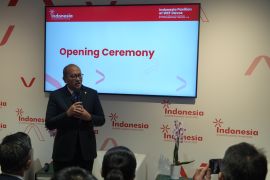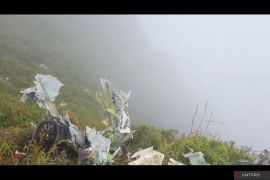The four institutions, Center for Southeast Asian Studies (CSEAS) Indonesia, Destructive Fishing Watch (DFW) Indonesia, Greeneration Foundation Indonesia (GFI), and Making Oceans Plastic Free (MOPF), will carry out four pilot activities to manage plastic marine waste, according to a press statement received in Jakarta on Wednesday.
The four pilot activities will cover the development of local capacity in waste management for the implementation of the expanded producer responsibility (EPR) scheme in Malang District, development of a clean fishing port in Tegal City, implementation of an EcoRanger Program: Fishing for Litter Scheme, and a program for making schools free of single-use plastic, it added.
The launch of the four activities was broadcast virtually and was attended by European Union speakers, representatives from the Coordinating Ministry for Maritime Affairs and Investment, the Ministry of Environment and Forestry, and the Ministry of Maritime Affairs and Fisheries, as well as representatives of local governments where the pilot activities will be conducted.
Counselor for environment, climate, and ICT with the European Union Delegation to Indonesia, Henriette Faergemann, lauded the four pilots, local governments, as well as parties committed to the successful implementation of the pilot activities.
"It is hoped that these activities will produce lessons for efforts to tackle marine debris through the application of a circular economy at the local level, so that it can be an example for other regions," she said.
The pilot activities are a part of the implementation of the Rethinking Plastics Project: Circular Economy Solution to Marine Litter.
Related news: Putting the lid on plastic waste from e-commerce packaging
The Rethinking Plastics project aims to accelerate the implementation of sustainable plastic consumption and production in order to tackle plastic waste in oceans in the East and Southeast Asia Region, she explained.
The project has been financed by the European Union and the German government, and is being implemented by the Deutsche Gesellschaft für Internationale Zusammenarbeit (GIZ) in collaboration with various stakeholders, governments, and civil society and private organizations.
While making a presentation at the launch of the four pilots, Center for Southeast Asian Studies (CSEAS) executive director Arisman explained that his institution’s pilot activity is aimed at increasing the capacity and awareness of 3R Temporary Waste Processing Sites (TPS3R) and households.
The effort is intended to prepare for the implementation of a packaging waste reduction scheme by producers and will be carried out in collaboration with the Indonesia Packaging Recovery Organization (IPRO) in Malang district, he said.
CSEAS had earlier signed a charter of cooperation with PRAISE for optimizing TPS3R in Indonesia, he informed.
TPS3R, as one of the actors in the waste chain, will be linked with the IPRO concept, which was launched in 2020, he added.
The IPRO (Indonesian Packaging Recovery Organization) initiative by PRAISE (Packaging and Recycling Association for Indonesia Sustainable Environment) is a part of the industry's contribution to reducing waste in Indonesia, he said.
Related news: Jakarta bans single-use plastic and expects to reduce waste volume
Reporter: Azis Kurmala
Editor: Rahmad Nasution
Copyright © ANTARA 2021
